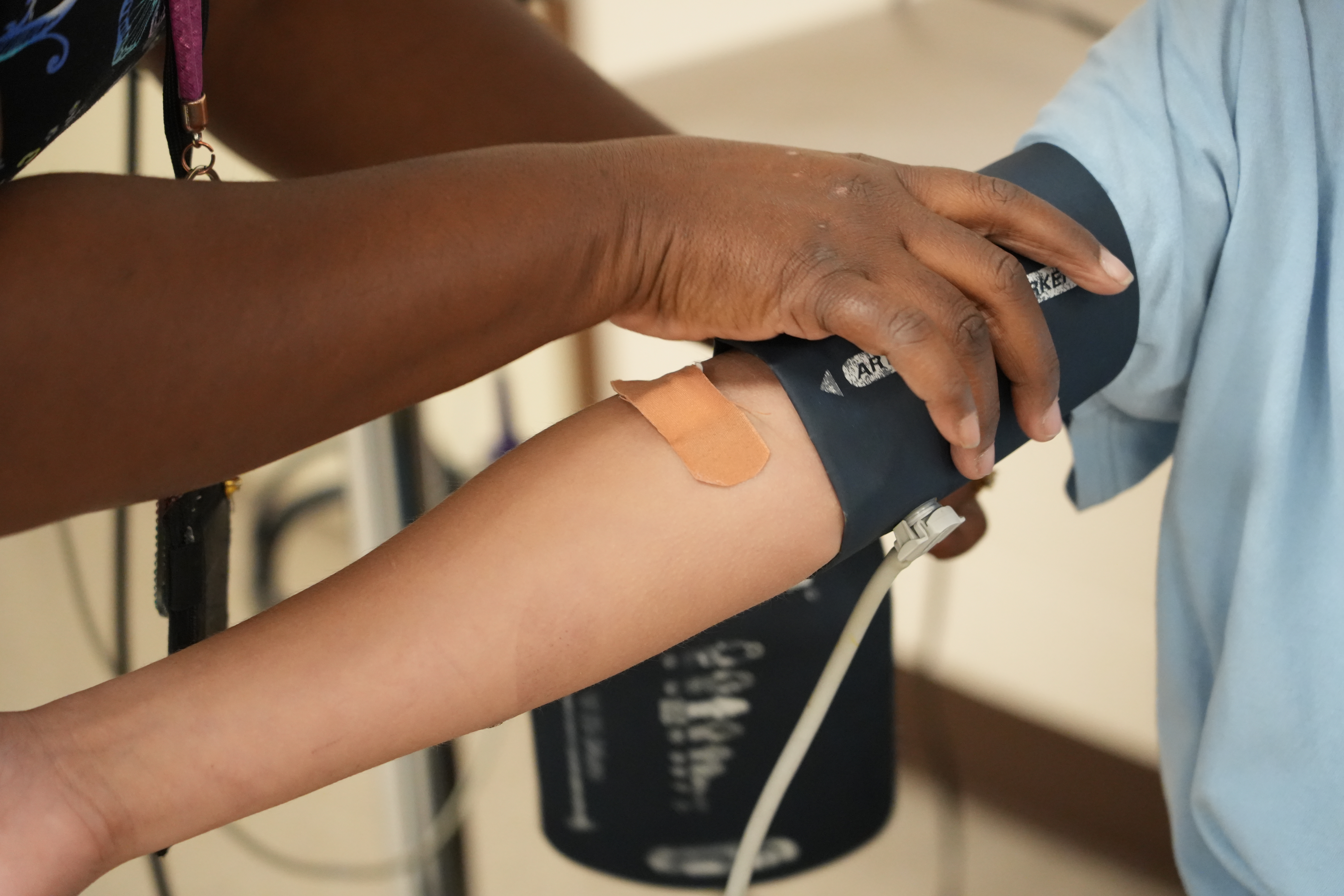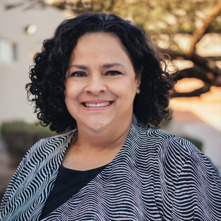About the Detention Facility
The Maricopa County Juvenile Probation Department protects youth and the community by providing programming and the tools youth need for success once they are released from detention.
According to rules set by the Arizona Supreme Court (Rule 23D), juveniles must see a judge within 24 hours of being detained. Youth are appointed representation for court hearings and a judge reviews their case to decide whether they should be detained. Based on the rules, the judge decides that a youth should be detained if the youth is:
- Likely to commit an offense injurious to self or others,
- Needs custodial protection for their own interests or the interests of the public,
- Charged with an offense that might be prosecuted in adult criminal court (A.R.S. 13-501),
- Unlikely to be present at any hearing if they were not detained, or
- Held for another jurisdiction.
The detention facility is not open for tours by general public. However, the Law for Kids web site provides a virtual tour of the Southeast Detention Facility.
The Juvenile Probation Department enforces rules and laws that keep youth safe according to Arizona State Standards, PREA Standards, and Arizona statutes.
Learn more about Reporting of Misconduct (PREA)
Visitation Policies
To be eligible for visitation, the youth must be detained for at least 10 days.
Visitation is every Wednesday and Thursday, 10 - 11 AM or 11:30 AM - 12:30 PM. To receive authorization to visit a youth, do not call the detention center. Instead, contact the youth's probation officer and a staff member will schedule the visitation appointment.
Only parents, grandparents, or legal guardians are allowed to visit youth in detention. Approved visitors must present a government-issued identification including an ID/driver's license or passport. No exceptions. Other visitors (or family members with a different last name from the youth's last name) must have prior authorization from a member of the detention facility's management team. Contact the youth's assigned probation officer to request authorization for visitation.
Only authorized visitors are allowed in the building. Unauthorized visitors are required to wait outside the facility.
Visitors under 21 years of age are not allowed in the detention facility including children and friends.
Items Allowed for Personal Visitations - All personal items including purses and other items are required to be placed in lockers during your visit to the detention facility. No packages, food, drinks, cards, or games are prohibited. Visitors are only permitted to carry their locker key and ID into the visiting areas.
Gifting Reading Materials - Leave all reading materials at the front desk to be reviewed for approval prior to delivery to the youth's unit. Hardcover books are not permitted in the detention facility, therefore reading materials must be paperback. Content must be PG and without lewd or X-rated content including references to violence, drugs, or crime. Please note that all reading material is a donation to the unit and not the property of the child. Any visitors passing any object whatsoever to a youth will be asked to leave and may forfeit any further visitation privileges.
Dress Code - Casual to business casual is allowed. Yoga pants, tight fitting clothing, shorts, low-cut tops, and open-toed shoes are not allowed. Those out of dress code will be asked to change their clothes.
Drug and Alcohol-Free Environment - Any visitors suspected of being under the influence will be turned away and will be unable to have a visit.
Shortened or Cancelled Visitation - For safety and security reasons a visit may be cancelled or shortened. If possible, Detention management will provide advance notice.
For questions about visitation, please contact the youth's assigned probation officer.
All visitors must request authorization for visitation from the youth's assigned probation officer and must present valid identification upon arrival.
Professional Visitation Hours
Monday - Friday
- 8:30 AM - 11:30 AM
- 1:00 PM - 4:30 PM
Saturday - Sunday
- 8:30 AM - 10:00 AM
- 1:00 PM - 5:00 PM
Visitation Rooms - Individual visitation rooms are limited, therefore, there may be a wait. Alternatively, there are tables in the open visitation area.
Prohibited Items - Personal items such as keys, purses, food, and drinks are not permitted in the visiting area. If use of electronics such as cell phones, laptops, or tablets is required for the visit, you must get approval from detention management. No paperclips, clips, staples, pens, or pencils are allowed in the facility. Be aware of any items you bring into the detention facility to prevent facility-wide searches for lost items.
Any items given to the youth, including books (which must be paperback), paperwork, or magazines will be inspected by Detention staff to ensure safety and security. No staples are allowed. Please remove them prior to entry to detention.

